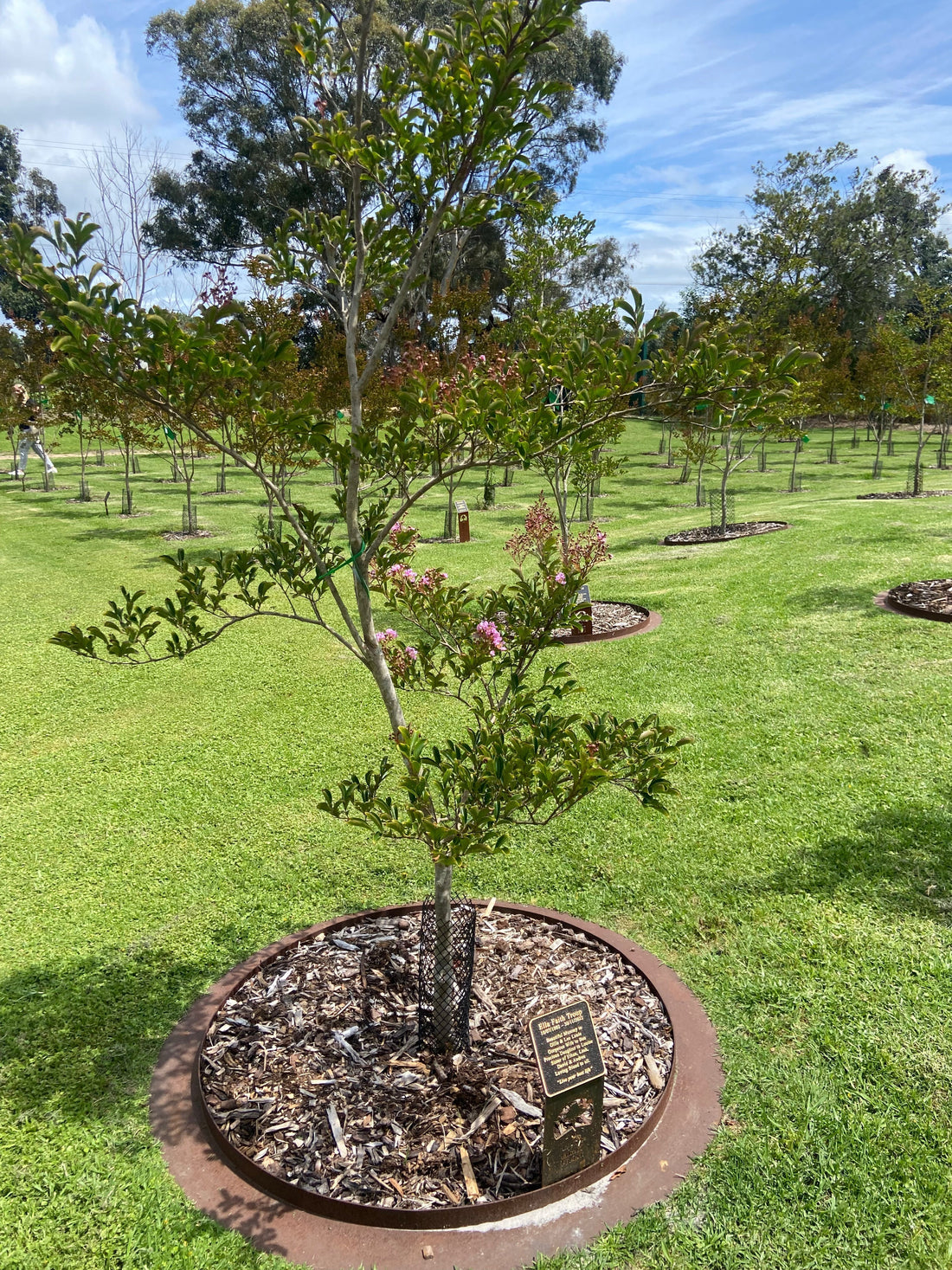
From one griever to another
Share
There is so much uncertainty when it comes to grief — both in navigating it yourself and supporting those who are experiencing it.
As you might’ve just read in the previous piece, I have firsthand experience with losing my best friend and the crushing pain that followed (along with every emotion under the sun). So, I wanted to share a few things that I found incredibly helpful — both in my own grieving and in supporting those around me.
Taking out the #1 spot:
Allow yourself (or your loved one) to feel everything
Grief brings a storm of emotions - denial, anger, bargaining, depression, and acceptance - and not in any particular order. Allow space to truly feel them. Let the tears fall. Let the frustration out. Acknowledge each feeling as it comes, without judgment.
But also, try not to let any single emotion take over your entire world. It’s a delicate balance, but it’s so important for healing and healthy processing after loss.
Grief isn’t linear and there’s no timeline
You don’t move through the “stages” of grief in a neat, straight line. Just because you’ve worked through anger once doesn’t mean it won’t pop back up again. Grief loops, shifts, and changes over time - and everyone’s journey is completely different.
Taking it one day (or one moment) at a time can be a really helpful mindset.
Write, journal, scribble - get it out
Find a way to express the storm inside. My little sister gave me a journal and encouraged me to just write. At first, I didn’t know what to say - but eventually I started writing letters to Ella, poems about grief, and little notes to myself.
Some things I shared. Some I kept private. But every word helped lift just a little bit of the weight. Whether it’s messy, raw, or poetic, writing can be such a powerful outlet.
Find your safe person/people or being that for someone
Those who let you talk without 'fixing' it, who sit beside you in silence when there aren't any words. It helps it feel a little less lonely in grief when you have or are this person for someone.
Seek places or moments for comfort and connection
I often visit the beach when I crave connection with Ella, as I know this was her place of solace. Find the place or moments in time that provide this feeling for you. There is no right or wrong, and it may only make sense to you - and that is OKAY!
Seek professional support if needed (or encourage someone to do so)
There is no shame in needing professional support to help you or your loved one in their grief journey. I saw a psychologist in the early stages of grief, and will always have the resource available when I am feeling like I need some additional help. I found it really helpful in having someone unrelated to the grief to talk to.
--------------------------------------------------------------
Grief is deeply personal, wildly unpredictable, and never something we “get over”. It’s something we carry, and something that changes and shapes us. I’m not an expert, just someone who’s felt the weight of it firsthand. These are a few of the things that helped me hold that weight a little more gently, and maybe they’ll help you or someone you love too.
Wherever you’re at – in your own grief or walking alongside someone else’s – take it moment by moment. Be patient with yourself. Let the emotions come. You’re not alone, even when it feels like it.
I’d love to open this space up for you as well. If you feel comfortable, please share your story, your loved ones name, your memories, or what’s helped you most through grief. Your words might be exactly what someone else needs to hear.
